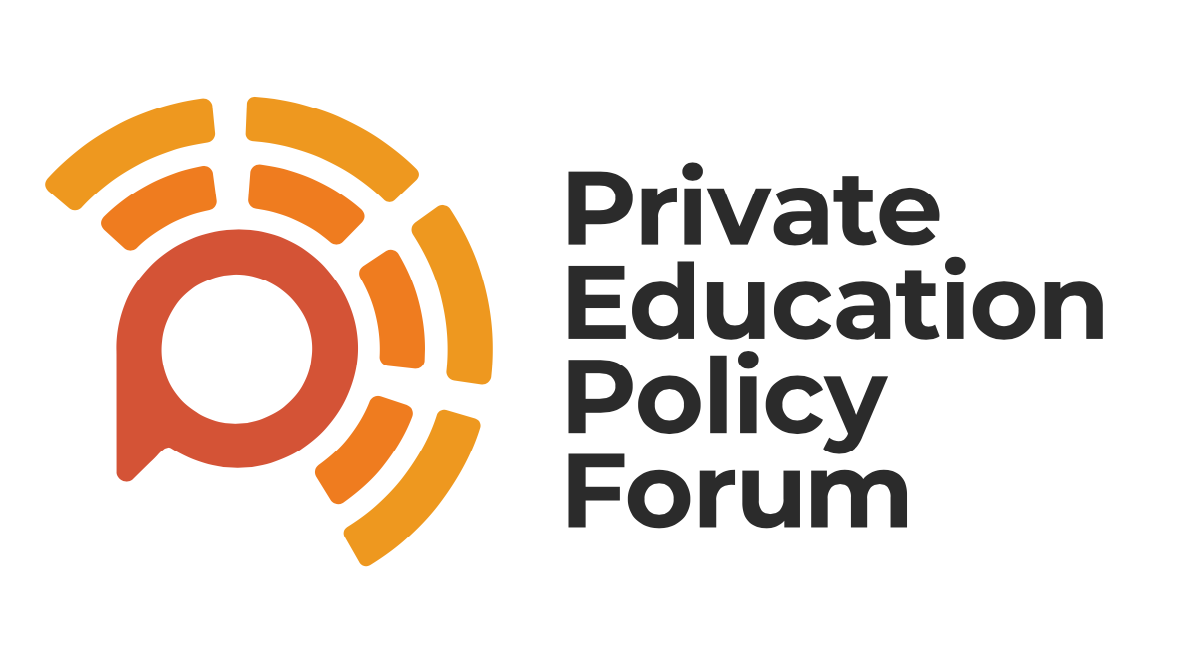
Title:
“Minority Report: the impact of predicted grades on university admissions of disadvantaged groups”
Authors:
R. Murphy and G. Wyness (2020). UCL Institute of Education. Centre for Education Policy & Equalising Opportunities. Working Paper 20-07.
What’s it about?
There is strong evidence that private schooling in England makes it more likely to gain access to a high-ranking university. The main reason is the achievement of better results at A-levels or their equivalent such as the International Baccalaureate.
However, even when comparing pupils with the same grades, more private school students apply to, and are offered, places at high-ranking universities.
This study looks at one possible reason: are pupils offered places at university on the basis of the grades that they are predicted to achieve by their school-teachers?
Methodology
The study used data on applications, including predicted and actual grades, provided by the University College and Admissions service (UCAS), covering students applying in 2013, 2014 or 2015.
There were 858,000 pupils in the complete sample with all the necessary data.
What are the findings?
-
For the large majority of pupils – 75 percent – the schools over-predicted the grades; only in 8 percent of cases was the grade under-predicted.
-
Pupils at comprehensive schools were 2 percentage points more likely to have their grades underpredicted than those at private schools.
-
Among high-achieving students – those gaining AAB in their A-levels or better – the comprehensive school pupils were 6.5 percentage points more likely to be underpredicted.
-
Having your grades under-predicted matters. High-achieving pupils whose grades are under-predicted are 10 percentage points less likely to apply to the most selective universities.
Because access to private schooling is concentrated among more wealthy families, these findings add to our understanding of low social mobility in Britain.
In sum, this evidence suggests that the over-prediction of A-levels is a small additional channel through which a private schooling helps pupils gain access to high-status universities.
What are the limitations of this research?
UCAS provided aggregated, but not individual, data. This means that researchers could not control for each pupil’s own previous background.
The study discusses reasons why teachers make systematic mistakes in predicting grades, but has no evidence about which reasons are important.
Explained by: Francis Green, Professor of Work and Education Economics at UCL Institute of Education



